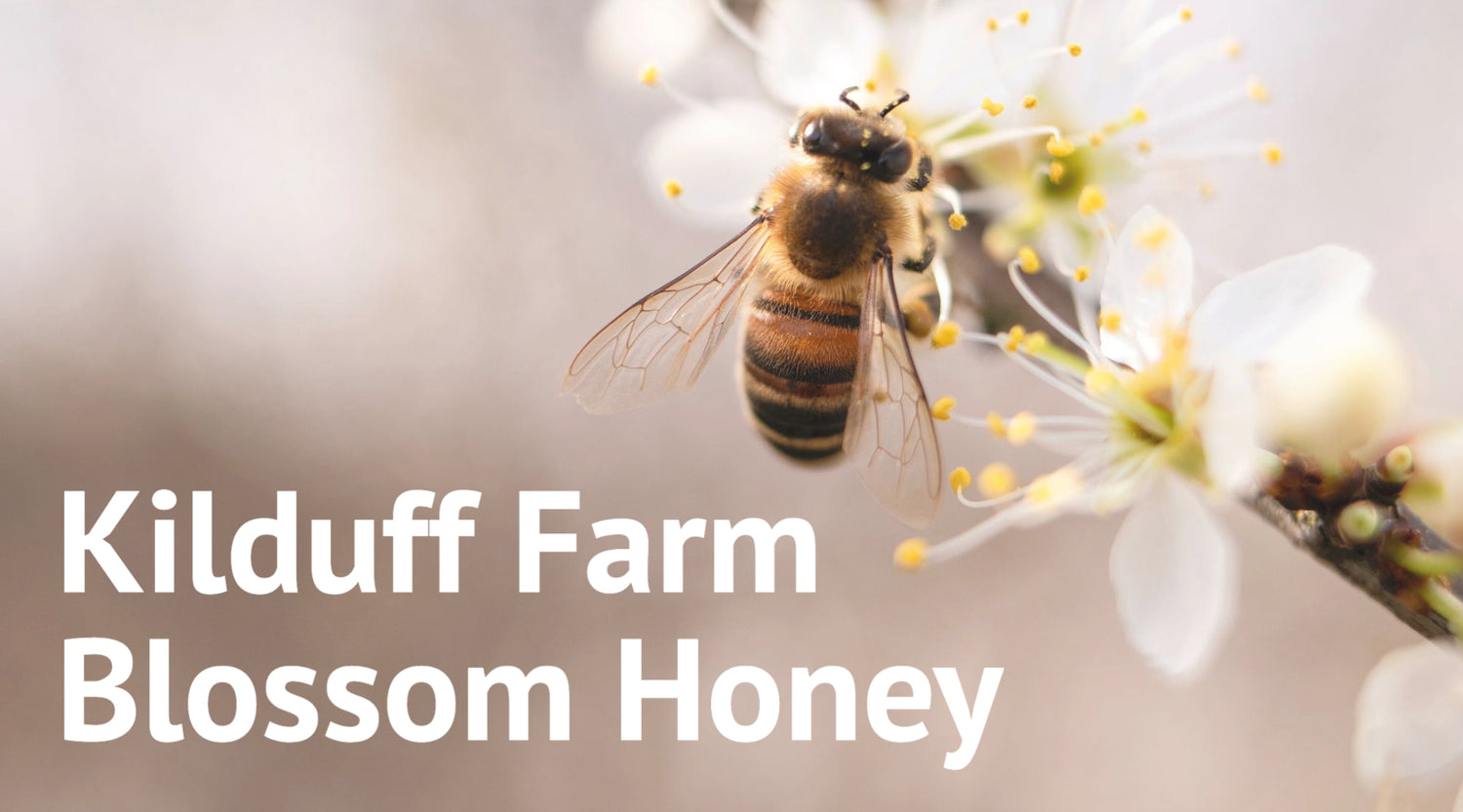This week we're looking at everything you wanted to know about fruit vinegars!
Vinegar, you put it on chips, salad and some of you might even put it on strawberries! Now albeit these are not the same kinds, after all you have white vinegar, red vinegar and of course balsamic. Are you aware of fruit vinegars though?
Made from fruit or fruit scraps, common fruit vinegars are apple, blackcurrant and raspberry, although there are lots more. You can trace their history back hundreds of years and across many cultures and countries as a way to flavour sauces, drinks and dishes.
Here at the Scottish Bee Company we are proud of our range of fruit and flavoured vinegars and the way we produce these. Find out why we love them, along with the most commonly asked questions about fruit vinegars in this latest blog. Check out our range by clicking here!
 What is fruit vinegar?
What is fruit vinegar?
For centuries vinegars and fruit vinegars have been used across the world to flavour food, drinks and as health remedies. They are made up of whichever fruit you choose so the variety is endless.
A fruit vinegar, unlike others, retains some sweetness along with being tart. It will not overpower you with the flavour of the fruit used but there will be subtle hints of it throughout.
How do you make fruit vinegars?
It is a unique fermentation process, using two steps.
- Part one is the fermentation stage. You need a product with naturally occurring sugar, in this case fruit! The natural yeast from the fruit skins will eat the sugars – and the by-product is alcohol.
- Part two is alcohol fermentation. This is when natural airborne bacteria take the alcohol transforming it into acetic acid.
To make your homemade fruit vinegar you need:
- A clean lidded jar that is completely airtight
- Your chosen fruit, washed, cut up or mashed into pieces to expose sugar
- Fresh water
- ¼ cup of sugar
The steps taken to make homemade fruit vinegar are relatively simple..
- Fill your jars with fruit up to about a third, add the sugar and then top with water.
- Give it a good stir. You need to stir it every day.
- The process takes between 30 and 60 days.
- After this time you will start to see some bubbles as well as some foam on the top which is a sign that the fermentation process is working. The mixture will start to smell like vinegar which should also let you know!
- Then you can strain off the fruit, transfer your vinegar to a labelled bottle stored in a cool room, and voila you have a versatile and tasty fruit vinegar.
Here at the Scottish Bee Company, the bees on our beekeepers farm pollinate all of the fruit and flowers that we use in our delicious fruit and flavoured vinegars. A natural process for a great tasting natural product.

Can vinegar expire?
People often query whether vinegar can go bad. The answer is no. Vinegar's shelf life is almost indefinite if it is stored properly. Due to it's high acidity, fruit vinegars are self-preserving and do not need to be stored in the refrigerator.
At The Scottish Bee Company, our fruit vinegars have a 9 month expiry date due to food standards. However it's highly likely your bottle will be finished quicker than that!
Ideas on how to use fruit vinegar...
-
Dressings: As with the more common vinegars, fruit vinegar such as our raspberry and thyme variety, is a great addition to olive oil as a salad dressing, or lightly drizzled on its own. You can also add other fruit vinegars into soups or even on top of your favourite pizza. Check out our salads with vinegar recipe blog here for more inspiration!

-
Marinades and Chutneys: Fruit vinegar makes a tasty addition to meat marinades or to a chutney to have with your favourite cheese.

-
Desserts: Used sparingly, fruit vinegar works as well with sweet dishes as it does with savoury ones. Make your cakes fluffier or bring out the tartness of fruit dishes by adding a dash. Dip fruit into a small dish of vinegar for a delicious twist.

-
Drinks: Shrub drinking vinegars such as our Strawberry and Mint or Raspberry and Ginger flavours are a popular way to have fruit vinegars. It is a non-alcoholic syrup made from fruit and vinegar which you can add to prosecco, gin or even sparkling water, delicious!

Looking for more inspiration on how to use fruit vinegars? Check out our older blog with even more ideas here!
What are the benefits of fruit vinegars?
For years people have used vinegars as a health tonic, you may have heard claims of these healing properties.
Apple cider vinegar is a great example of this with frequent users saying one to two teaspoons a day helps with weight loss, lowers cholesterol and boosts immunity. Various studies have been carried out into these claims with mixed results.
When it comes to the health benefits of other fruit vinegars, studies are minimal and continue to be done. The best way for you to enjoy fruit vinegar is as part of a healthy and well-balanced diet. As with all foods use it in moderation, a dash is best, then taste as you go.
Where to buy fruit vinegar?
Check out our great range of fruit and flavoured vinegars and add a flavour explosion to your drink or dish today!






